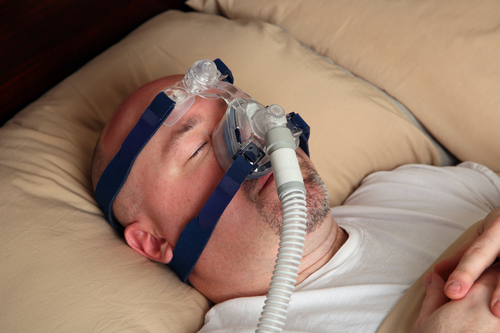There is growing pathophysiological and clinical evidence that obstructive sleep apnoea (OSA) is associated with an increase in incidence of and poor health outcomes in patients with pulmonary embolism (PE), according to a new review published in the European Respiratory Journal.
The review assesses literature focusing on several aspects related to pathophysiological
links and clinical implications of OSA and venous thromboembolism (VTE). The scope of the review covers:
- Potential pathogenic mechanisms underlying the occurrence of VTE in patients with OSA
- Assessing the prevalence of OSA in patients with acute PE
- The potential effect of PE on the number and severity of sleep disordered breathing events
- Addressing the effect of OSA treatment on the response to anticoagulant therapy and VTE outcomes
- Recommendations for future research aimed at filling in gaps in our existing knowledge
The authors say that new research highlights the complex and interdependent relationships between OSA and PE, which emphasises the need for more rigorous, well-powered trials that address the impact of OSA and its treatment on the prevention and management of PE.





